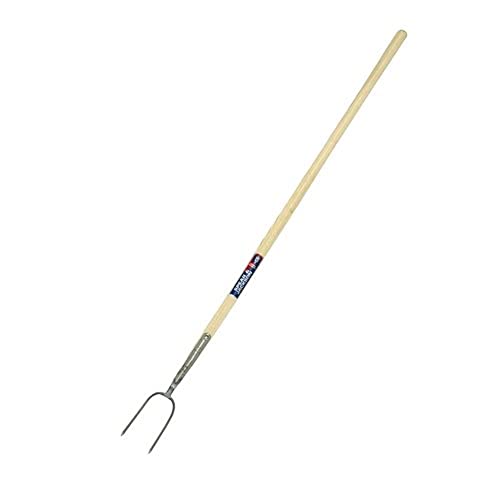What is the average weight of a fork?
If you’ve ever wondered about the average weight of a fork, you’re not alone. While it may seem like a simple question, there are actually several factors that can affect the weight of a fork. So, let’s dive into the details and find out what the average weight of a fork is.
Factors that affect the weight of a fork
The weight of a fork can vary depending on a few different factors. Here are some of the key factors that can affect the weight of a fork:
- Material: The type of material used to make the fork can have a significant impact on its weight. Common materials for forks include stainless steel, silver, and plastic. Stainless steel forks tend to be heavier than plastic forks, for example.
- Design: The design of the fork can also play a role in its weight. Forks with a more intricate design, such as those with decorative handles or additional embellishments, may weigh more than plain and simple forks.
- Size: The size of the fork can also affect its weight. Forks come in various sizes, ranging from small dessert forks to larger dinner forks. Generally, larger forks tend to be heavier than smaller ones.
- Construction: The construction of the fork can impact its weight as well. Forks can be made using different methods, such as stamping or forging. Forks that are forged tend to be denser and therefore heavier than stamped forks.
The average weight of a fork
While the weight of a fork can vary depending on the factors mentioned above, there is a general range for the average weight of a fork. On average, a standard dinner fork weighs around 2.4 to 3.1 ounces (68 to 88 grams).
However, it’s important to note that this is just an average weight and there can be variations. Some forks may weigh slightly less or slightly more than this range.
It’s also worth mentioning that different types of forks, such as salad forks or dessert forks, may have slightly different average weights due to their smaller size. For example, a salad fork may weigh around 1.5 to 2.4 ounces (43 to 68 grams), while a dessert fork may weigh around 1.4 to 2.1 ounces (40 to 60 grams).
Why does the weight of a fork matter?
Now that we know the average weight of a fork, you might be wondering why it even matters. Well, the weight of a fork can affect the dining experience in a few different ways:
- Balance and control: A heavier fork can provide better balance and control while eating. It can feel more stable in the hand and make it easier to handle food.
- Perception of quality: Heavier forks are often associated with higher-quality utensils. They can give a sense of solidity and durability, making the dining experience feel more luxurious.
- Comfort: The weight of a fork can also affect comfort during a meal. Some people may prefer a lighter fork that feels more lightweight and easy to use.
Final thoughts
While the average weight of a fork may not be something that most people think about on a daily basis, it can still be interesting to know. The weight of a fork is influenced by various factors such as the material, design, size, and construction. On average, a standard dinner fork weighs around 2.4 to 3.1 ounces (68 to 88 grams), but there can be variations depending on the type of fork. Ultimately, the weight of a fork can affect the dining experience in terms of balance, control, and comfort, and can even contribute to the overall perception of quality.






